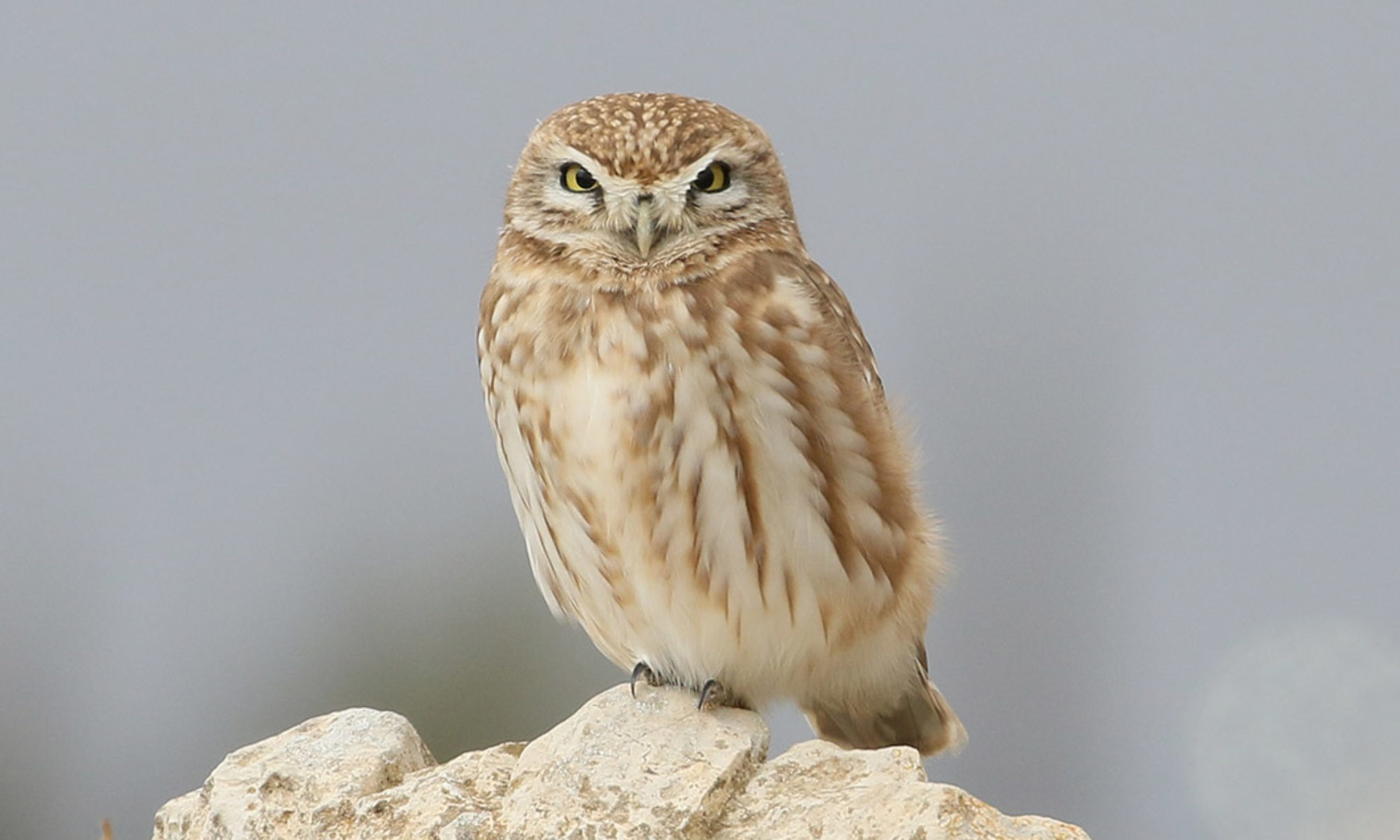as part of the project “Implementing measures to control invasive alien species in Wadi Gharaba Special Conservation Area“
A workshop to raise awareness, enhance cooperation among parties of concern and practical training, was carried out in June 2023 in Beit Sweimeh as part of the project “Implementing measures to control invasive alien species in Wadi Gharaba Special Conservation Area”, which is implemented by Jordan BirdWatch in cooperation with the a local cooperative “Society for the Development of the Jordan Valley”. Participants included the Forestry Department in South Shuna, The Rangers-Royal Department for Environmental Protection, the Royal Society for the Conservation of Nature and local livestock and land owners. The project is supported by sGEF/UNDP.

Protecting the wetland habitat of Wadi Gharaba
In the introduction presented by Ornithologist and ecologist Dr Fares Khoury, the achievements and cooperation of institutions in protecting the wetland habitat of Wadi Gharaba was reviewed. Current threats and challenges were also discussed like overgrazing due to lack of regulatory action, illegal hunting due to lack of follow up by rangers, and pollution of the stream by waste water apparently originating from the hotels at the Dead Sea. Results of recent studies were also presented and these showed a dramatic decrease in the number of nesting Dead Sea Sparrows due to camel grazing that is destroying the Tamarisk shrubs. Overgrazing is generally degrading the wetland habitat and is causing the spread of the alien, invasive mesquite Prosopis julifora which is not just an indicator of severe disturbances, but once it dominates, a tipping point is achieved and the mesquite shrubs start affecting biodiversity, hydrology and ecosystem functions and services.

Invasive alien species
Invasive, alien species are animals, plants or other organisms that are introduced by humans, either intentionally or accidentally, into places outside of their natural range, negatively impacting native biodiversity, ecosystem services or human economy and well-being. Invasive alien species are one of the biggest drivers of biodiversity loss and species extinctions. Biological invasions also put human health, food security and livelihoods at risk, as highlighted in the United Nations Sustainable Development Goal 15.
Two alien, invasive species are spreading rapidly in the Jordan Valley and other parts of Jordan: the Mesquite shrub (Prosopis juliflora) and the Common myna (Acridotheres tristis).
How to control invasive species, a solution amongst many other
After the introductory part, the agricultural expert Mr Rawad Sweidan presented the ecological benefits and feasibility of harvesting both mesquite wood and pods. e.g. by collecting the dry pods and using them after grinding as supplementary fodder. Livestock owners who were trained during this workshop, can thus contribute to the control of the invasive shrub by collecting and grinding the dry pods and then using the product in their fodder mixtures, which saves feeding costs and releases grazing pressure. (see post…)

Common Myna is one of the most invasive bird species worldwide. It was first recorded in the Jordan Valley and then spread rapidly into other parts of Jordan. Although no effects on human economy or health has been reported in Jordan till now, the impacts on biodiversity is still poorly understood and not yet supported by strong evidence. In the Jordan Valley, it may compete with cavity – nesting birds such as bee-eaters and kingfishers. Participants agreed that common myna and the alien mesquite shrub should be controlled locally once it invades natural habitats and nature reserves using appropriate measures. However, eradication or even control is not possible in the long run if the causes for their spread are not being tackled.
For the Arabic version see:


